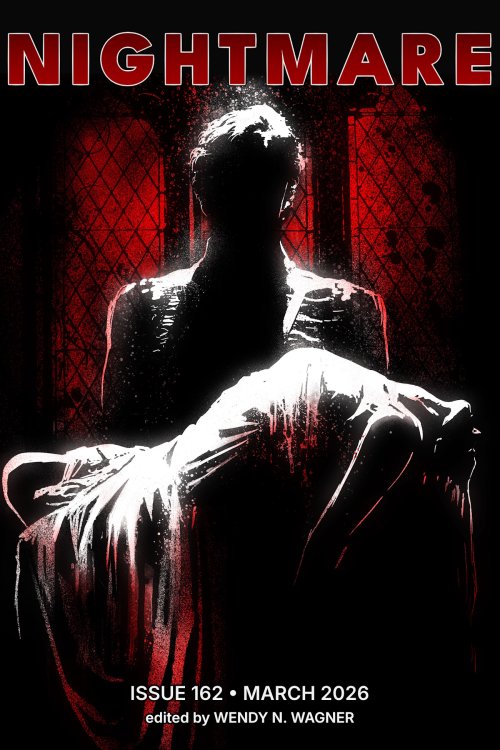Author Spotlight
Author Spotlight: Lilliam Rivera
It’s been close to eight years since I last visited Puerto Rico. Since then, so much has changed, including the destruction that occurred because of Hurricane Maria. I’ve had so many conversations with my father regarding places that have disappeared, plazas completely missing because of the hurricane. When I was writing “Crave” I wanted to try to remember the smells of the island on my first visit at five years old. The island was in so many ways a magical place for me, so outside of the concrete jungle I grew up in in the Bronx, New York.








